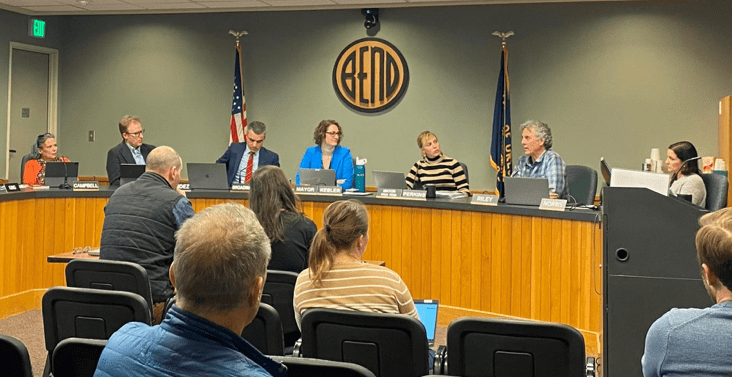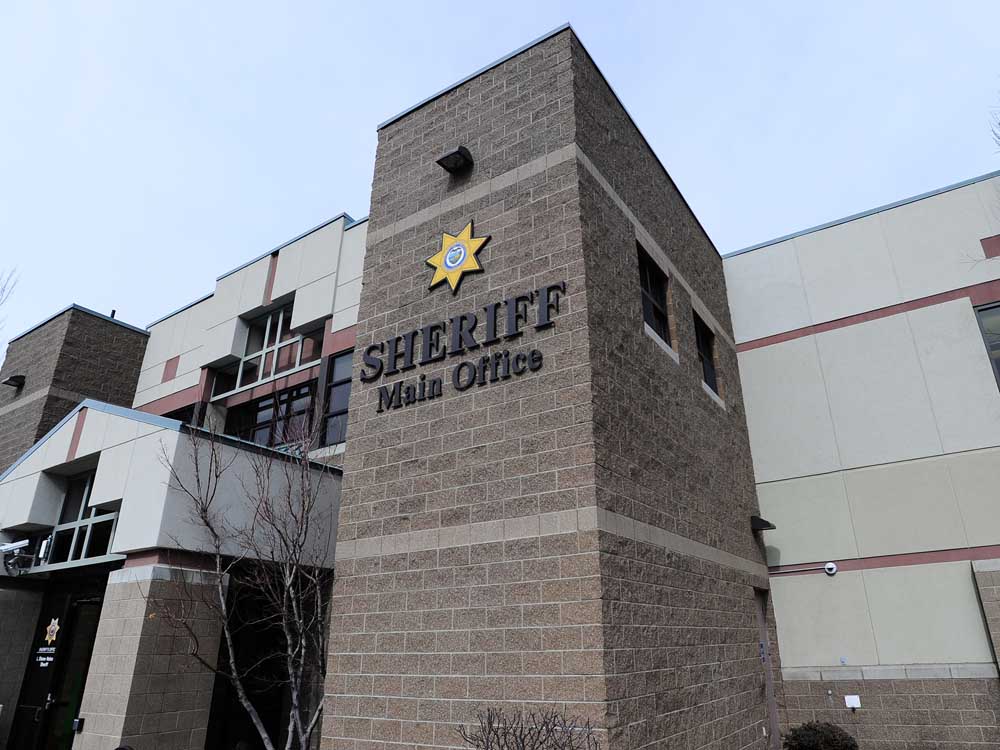Editorial: Should Bend go first on climate action?
Published 5:00 am Saturday, December 7, 2024

- Bend City Councilors have a discussion.
Bend is thinking about being the first Oregon city to take some types of direct climate action.
It might ban new gas lines in the public right of way. It might pursue a standard for nitrogen oxides, or NOx, emissions for new appliances. It might establish a new pollution fee for new buildings that opt for natural gas.
Trending
The Bend City Council gave city staff clear direction Wednesday night to pursue more education and outreach on the benefits of electrification over fossil fuels.
“Everybody in here gets why we have to do this,” Councilor Megan Perkins said at the Council meeting. “But there is a very large community of 99,950 people outside of here that may not understand why this is important and who want to be brought into the process.”
The Council direction was more cautious on taking regulatory action. Bend City Councilors Ariel Mendez and Mike Riley seemed to push the hardest for the city to take regulatory action.
Riley said education, by itself, is not going to get the kind of change needed. “I think we need to be thinking about possibly being first,” he said, referring to limiting new natural gas hookups in the public right of way.
The legal risk of taking regulatory action is significant. City attorneys expect the city would be sued.
What happened to the city of Berkeley, California, might be instructive, though it would not be a direct match with what Bend might do.
Trending
Berkeley tried a type of natural gas ban for newly constructed buildings. The California Restaurant Association sued and won, overturning the ban. The 9th U.S. Circuit Court of Appeals found the federal Energy Policy and Conservation Act preempted the ban. That act preempts state and local regulations for the energy use of natural gas appliances. Berkeley did not try to regulate the appliances directly. It prohibited natural gas piping into buildings with building codes. The court found the act’s preemption provision included building codes.
Would similar logic apply to a prohibition on new natural gas lines in the city right of way? Would another state or federal law be used as a lever to sue?
A lawsuit would cost the city time, money and energy. The city losing a lawsuit would be fuel for critics of any climate action the city attempts to take. Is that a reason not to try?
Tell councilors what you think at council@bendoregon.gov.








